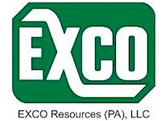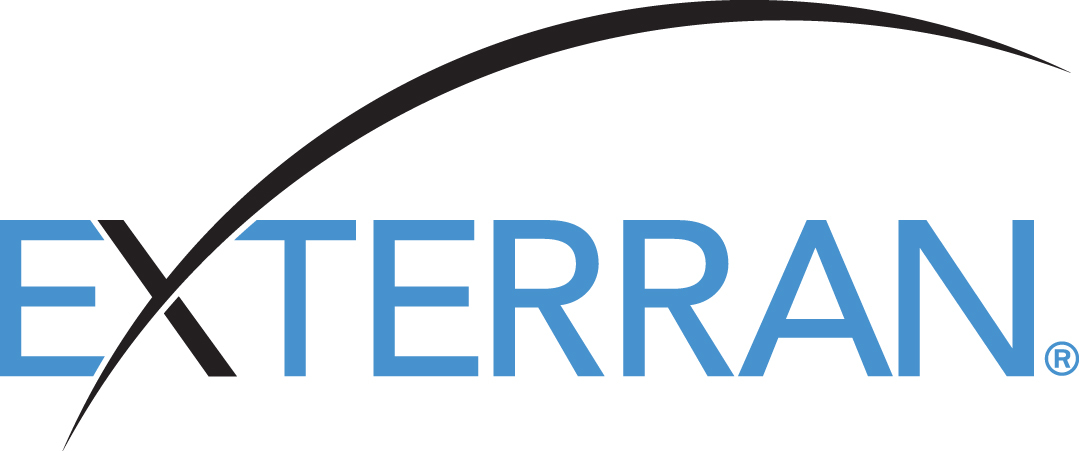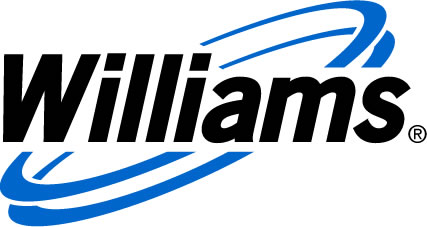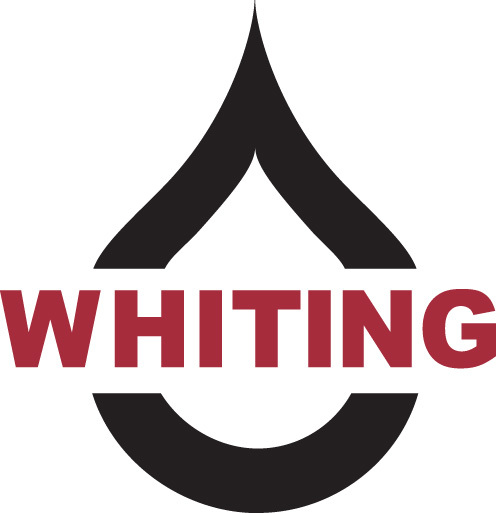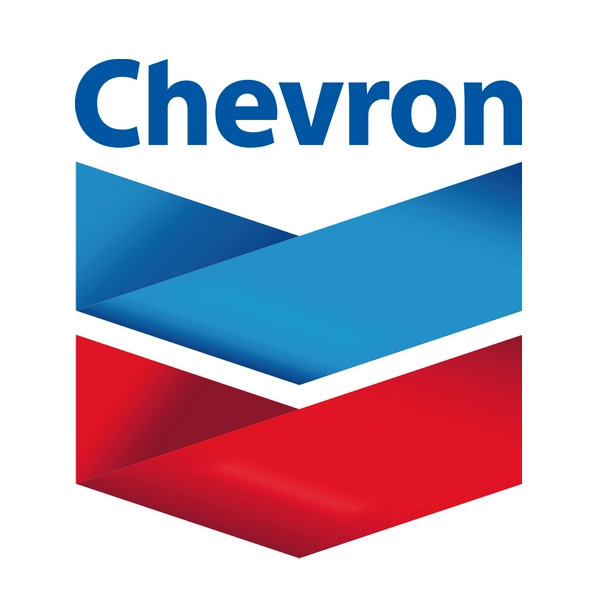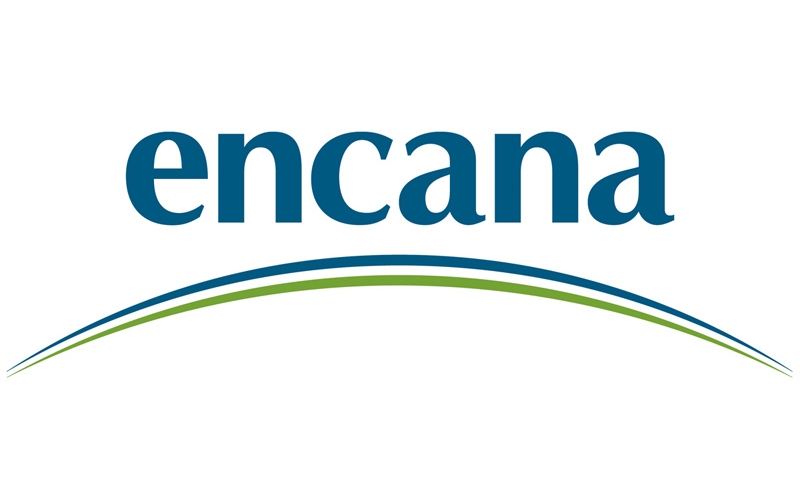About Petroleum Learning Programs
Petroleum Learning Programs (PLP) was organized in 1973 by Dr. John M. Campbell as an addition to Dr. Campbell's personnel training company, later acquired by PetroSkills. Dr. Campbell's professional training program was known world-wide for its training services for engineers in the petroleum industry. PLP was created to provide a similar training option for non-technical operating personnel; lease pumpers, gas plant operators, and field operators.
Ward Rosen joined PLP as its president in 1974. Ward was responsible for the development of the expansive list of training manuals titles in the PLP list of industry recognized training aids.
Previous to this position, Ward had 25 years of experience in the designing, construction and operating of oil field and processing facilities (see below). In 1975 Ward acquired all interests in PLP, changing it to a Texas based LLC company.
Eventually, PLP would develop 33 separate training manuals covering major components, their principles of operations and their function in the oil and gas production and processing industries. The PLP manuals explain the equipment and processes field and plant personnel deal with day to day: heat exchangers, pumps, compressors, dehydrator, refrigeration, oil treating, cryogenic gas plants and crude oil stabilizing, etc. These manuals are used as text books in training programs in the oil producing areas around the world.
With the growing need for field and plant operator training, as opposed to professional training for engineers, PLP instructors began traveling to customer sites to provide in-person training to local operators. PLP instructor lead training has been conducted across the United States, as well as international locations including Canada, Mexico, Libya, Indonesia and Scotland. The most notable accomplishments are those of preparing customized operation manuals for the offshore platforms in the North Sea, including Frigg Field, Forties Field and the Brent Field. More recently midstream companies including Enable Midstream, Targa Resources, MarkWest and Lucid Energy have retained PLP for on site training of their process plant operators.
Petroleum Learning Programs' training manuals have been studied by thousands of field and plant operators, educating themselves on the basic principles of operations of process equipment. These basic principles of operation are as relevant today as they were decades ago. PLP manuals are ordered by individual operators, field and plant supervisors and company training coordinators looking for a resources that explains in easy to understand language “how things work”. This knowledge and comprehension by the operator translates directly to personnel safety and job effectiveness. The need for basic "Oilfield Knowledge" continues to this day as new hires come into the industry with the more senior operators retiring.
The PLP training manuals have been updated three times since 1974 and are currently in the process of further revisions to include the latest technology, equipment and processes used in the oil and gas industry. We welcome comments and suggestions from our valued customers on subject content to be included in the new editions.
Previous Clients for Training Manuals and PLP On-Site training
Ward Rosen Biography
Ward F. Rosen
Ward Rosen was born in 1924 in Fayetteville, Arkansas. His father was a professor at the University of Arkansas making Ward’s ability to educate and train others understandable. During his high school years Ward was an Eagle Scout and member of the National Honor Society. He enrolled at the University of Arkansas in its College of Engineering in 1941. His college life was interrupted with the outbreak of WWII at which time he volunteered for service in the Navy in 1942. After flight training Ward served as a carrier based pilot flying the Hellcat F6F and Wildcat F4F until his release from duty in 1946. Ward would then serve in the Naval reserves for an additional twelve years.
Ward returned to college to complete his education. During college he was elected president of the social fraternity Sigma Nu, was a member of Tau Beta Pi, the engineering honor society, was on the engineering council, was elected to the student senate and was also a cheerleader for the university. Ward earned his degree in chemical engineering in 1948.
After graduation Ward began his career with Mobil Oil at their Beaumont, Texas refinery as a process engineer. In 1953 he began working for Arco as a gas plant superintendent. In 1961 he transferred to ARCO’s gas processing facility in George West, Texas. He was assigned to manage a new plant under construction. This required Ward to recruit and train operating personnel for startup and full operations of this grass-root natural gas processing plant. This experience again directed Ward towards his eventual long-term career of training field and plant operators.
Ward joined Northern Natural Gas of Omaha, Nebraska in 1965 as a senior process engineer. He moved his family to Midland, Texas in 1966 and began working for Elcor Chemical Company as the manager of two gas processing plants in the area. He moved to Oklahoma City in 1968 to work for Black, Sivalls & Bryson (BS&B), a recognized world-wide designer and fabricator of oil-field equipment, as senior process design engineer.
In 1971, Ward moved to Houston as a consulting engineer for the offshore E&P industry. John M. Campbell, the founder of Petroleum Learning Programs (PLP), hired Ward to be president of PLP in 1974. Ward, along with Mr. Campbell and a few other experienced industry persons authored the library of PLP manuals.
Ward as an instructor for onsite operator training is know for his ability to enhance the comprehension of the subject material by his students with his straight talk, his personal experience and basic description of complex processes.
Ward was active in the Gas Processors Association (GPA) for many years as a charter member of the Lafayette, Louisiana and the Corpus Christi, Texas chapters. He is also a member of the American Institute of Chemical Engineers and a registered professional engineer in Texas. Ward’s passing was on March 4, 2020

